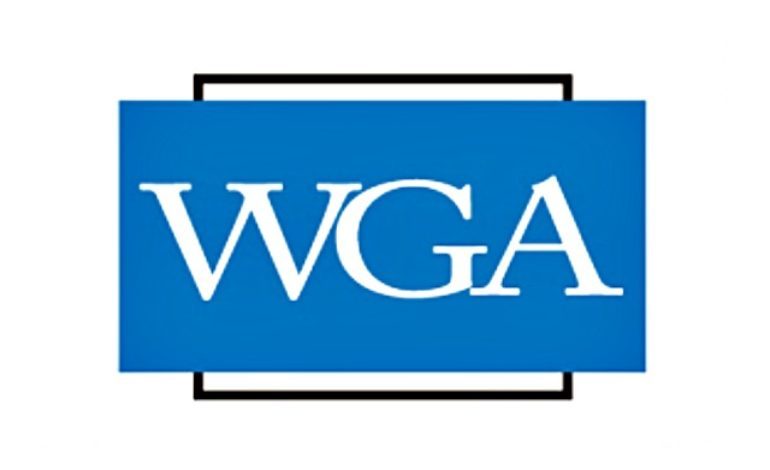

On Monday, the Writers Guild of America passed a vote authorizing a strike, with 97.85 percent of its voters in favor of the strike, according to Above The Line. The current contract is set to expire on May 1, and at present, the two parties are significantly distant from reaching a new agreement.
The guild has reported that the strike authorization vote saw an unprecedented level of participation and support, with 9,218 writers–almost 79 percent of eligible members–casting their vote, according to The Hollywood Reporter.
“These results set a new record for both participation and the percentage of support in a strike authorization vote. Our membership has spoken. You have expressed your collective strength, solidarity, and the demand for meaningful change in overwhelming numbers. Armed with this demonstration of unity and resolve, we will continue to work at the negotiating table to achieve a fair contract for all writers,” the guild said in an email to members, according to Above the Line.
The negotiations revolve around multiple issues, such as compensation, the writers’ capacity to work for other programs during breaks from their ongoing projects, and the utilization of artificial intelligence in the scriptwriting process, according to ABC News. In addition, the union has raised concerns about the use of mini-rooms, which are made up of small groups of writers who work on developing episodes of a new TV show before it is given the go-ahead by a studio, as reported by the Los Angeles Times. According to the union, this practice has resulted in a reduction in pay for writers.
“The studios are making these record profits, and they’re spending more than they ever have to produce this product that we practically kill ourselves to write. It’s categorically unfair, and it’s just wrong,” declared Los Angeles-based television and film writer Zoe Marshall (Charmed, The Best Man: The Final Chapters).
The Alliance of Motion Picture and Television Producers, representing studios, streaming services, and production companies, released a statement on Monday stating that the Writers Guild of America’s “strike authorization vote” was already part of the WGA’s plan, announced prior to proposal exchanges, and its expected ratification should not be surprising to anyone.
“Our goal is, and continues to be, to reach a fair and reasonable agreement,” said spokesman Scott Rowe in a statement via Los Angeles Times. “An agreement is only possible if the Guild is committed to turning its focus to serious bargaining by engaging in full discussions of the issues with the companies and searching for reasonable compromises.”
“We sense a very high likelihood of a strike beginning in early May 2023,” Rich Greenfield, a co-founder of LightShed Partners, a technology and media research firm in New York, said via Los Angeles Times. “The television business has shifted dramatically and resetting economics between the WGA/AMPTP is no easy task.”
“Sometimes a labor action like that is the only option we have if the studios aren’t willing to give us a deal that will fix the problems that we’ve identified,” Los Angeles-based showrunner Brigitte Muñoz-Liebowitz (People of Earth, Brooklyn Nine-Nine) said via Los Angeles Times. “Nobody wants to go on strike, it’s a last resort.”
The request for a strike authorization vote is a common tactic used by unions to show their commitment and solidarity toward their bargaining demands. It is also a way to prepare for a potential strike, especially in negotiations where important issues are on the line. The WGA has stated that if an agreement is not reached, they may authorize a strike to commence as early as May 2 at 12:01 a.m. Pacific time.
